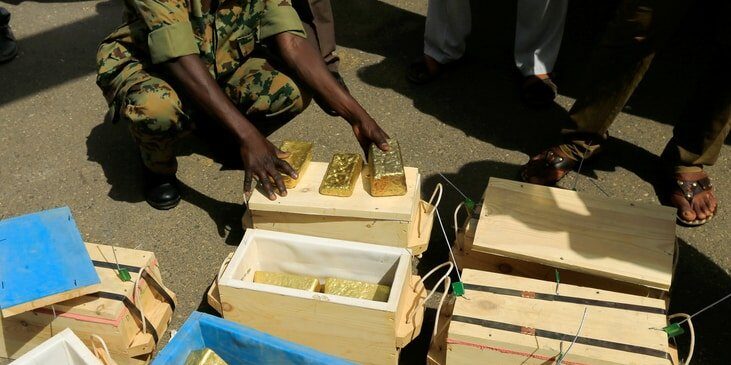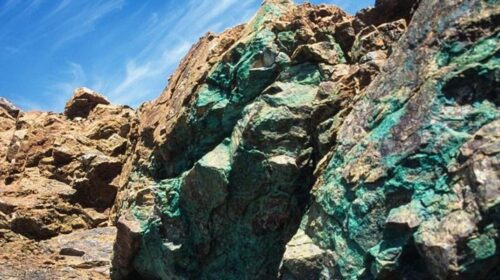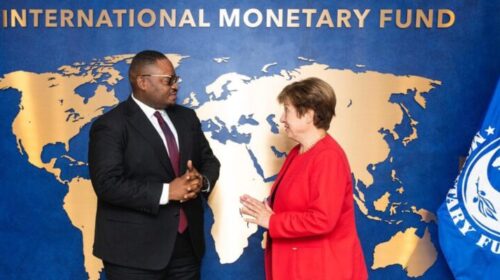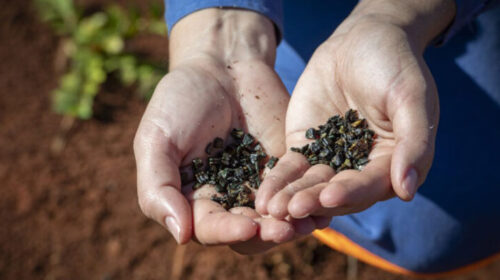More than $4bn a year in high-risk gold flows from DRC, Uganda, Rwanda, CAR and others
The US and the EU must work with African governments to harmonize gold export taxes to reduce smuggling and promote conflict-free gold, says the investigative and policy group The Sentry.
Uganda, Rwanda, the Democratic Republic of Congo (DRC), the Central African Republic (CAR) and Cameroon are the states that most urgently need to tackle the issue, says The Sentry’s report published in February. Uganda and Cameroon have substantially lower gold taxes than exist in the DRC or the CAR, which makes it much more profitable to smuggle gold to those countries, the report finds.
The report estimates that $4 billion in high-risk gold from central and east Africa flows to international markets every year, including to the US, India, the Middle East, Europe and China. The trade in conflict gold will never be eliminated, but better due diligence by governments and the private sector can reduce it significantly while promoting the responsible artisanal gold trade, The Sentry argues.
- The four main “conflict minerals” are gold, tin, tantalum, and tungsten.
- Gold has proved the hardest to address, as it is easy to smuggle and to sell virtually anywhere. When it is refined, gold loses all traces of its origin and is traded as a standard product.
Researchers led by Nicolas Berman have shown that mining of conflict minerals increases the chances of violence starting,and then spreads and perpetuates the violence by strengthening the financial capacities of those doing the fighting.
- Between 1997 and 2010, Berman shows, up to a quarter of violence levels in African countries was explained by increases in gold prices.
Bullion centres
In November, the London Bullion Market Association (LBMA) published recommendations for bullion centres such as Dubai with three main aims: the responsible sourcing of recycled gold, eliminating cash transactions and support for artisanal and small-scale mining. The LBMA says it will only permit its Good Delivery List (GDL) refiners to source material from bullion centres which meet OECD standards.
The LMBA initiative provides “useful leverage” in getting bullion centre to comply, The Sentry says. But much remains to be done.
- Government policies in the region make it hard for miners to register legally and secure property rights. “Government corruption exacerbates those challenges,” says The Sentry.
- Donor governments should work with African mining ministries to create policies to formalize artisanal mining, the report says.
- This can be done by reducing the bureaucratic burden on them, cutting registration costs and strengthening property rights.
Complete the form and download, for free, the highlights from The Africa Report’s Exclusive Ranking of Africa’s top 200 banks from last year. Get your free PDF by completing the following formEmail Address *
The report points to a severe lack of financing for conflict-free artisanal mining in east and central Africa, leaving the door open to illegitimate sources of funding.
- Jewelry and electronics companies should stop sourcing from refiners that can’t show a credible independent audit, The Sentry says, as this has helped clean up the trade in other conflict minerals.
The lack of real consequences for taking part allows smuggling to continue. Refiners and traders who deal in conflict gold have faced few, if any, consequences for contributing to armed conflict, the report says.Africa InsightWake up to the essential with the Editor’s picks. Sign upAlso receive offers from The Africa ReportAlso receive offers from The Africa Report’s partners
Bottom Line
Wide differentials in African gold tax regimes are a standing invitation to smugglers. Africa InsightWake up to the essential with the Editor’s picks. Sign upAlso receive offers from The Africa ReportAlso receive offers from The Africa Report’s partners
![]()





